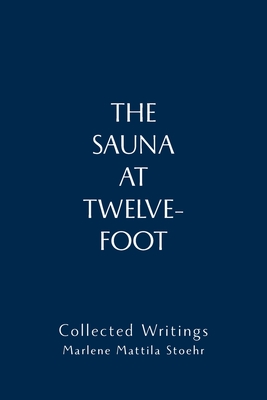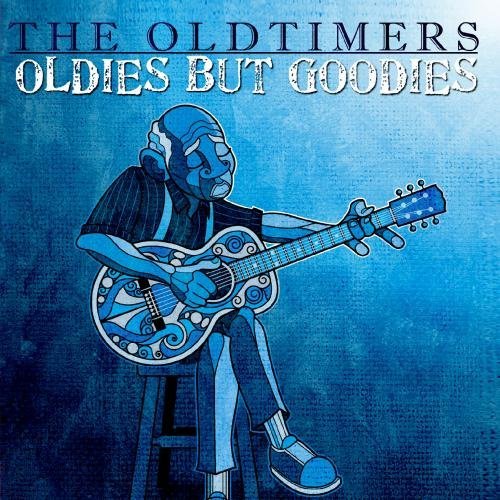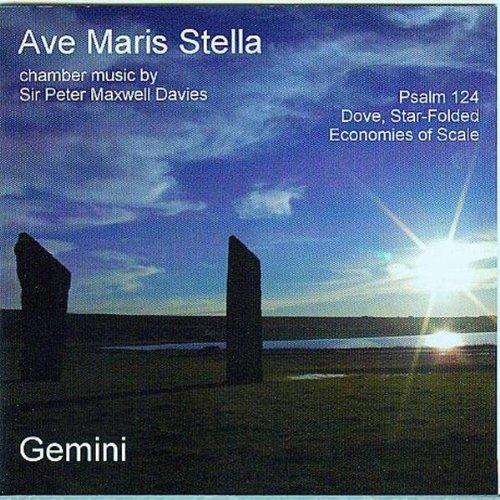
In her glowing, immersive, and discursive illuminated paintings of the entire text, Band imagines Qohelet's teachings, employing the grandest of palaces, the Alhambra, as the central metaphor for the beauty and impermanence of human life and accomplishments. She fills its halls and gardens with often surprising imagery, symbolism, and related poetry, creating a visual midrash that reveals the relationship of Qohelet's thought to other biblical texts and Jewish lore and its reverberations across the centuries and cultures of Western civilization, from ancient Israel to today's America. Each illuminated page is complemented by lucid commentary explaining its full meaning. Renowned scholars Ellen F. Davis and Moshe Halbertal crown the work with a penetrating foreword and preface.
"Illuminated manuscripts have a rich tradition to which this gem adds creatively. Not only does Debra Band's exquisite micrography, calligraphy, and artwork invite us to marinate in and meditate on Qohelet's suggestive composition, Menachem Fisch adds a unique and penetrating philosophical analysis. This work takes us from the ancient world of the Bible through medieval traditions of illumination and into a reading of Qohelet as a harbinger of post-modern thinking."--Peter A. Pettit, Teaching Pastor, St. Paul Lutheran Church, Davenport, Iowa
"'Vanity of vanities, all is vanity, ' wrote the mysterious author of the biblical Qohelet--Ecclesiastes, in English, from the Greek. 'There is nothing new under the sun.' For generations, the meaning of this haunting outlier text seemed clear and even merciless: in its endless cycling, nothing in the cosmos lasts, so nothing matters. Even if God is real, human life is in the end unreal and can have no real purpose. Resignation is the only valid response: at best, 'living for the moment;' at worst, existential despair. But what if there were something new under the sun? In this fresh approach to Qohelet, philosopher Menachem Fisch and scholar-artist Debra Band radically re-vision a text whose interpretation was 'settled.' Through exciting exposition that ranges from the history of rabbinical thought to analytical philosophy to the pain of personal loss, and illumined by Band's glowing paintings, the authors return us to the original Hebrew word on which Qohelet pivots: hevel. When hevel is not read 'figuratively' but is restored to its literal meaning as 'vapor' or 'mist, ' an unexpected theology is revealed. What if the text were never a meditation on absurdity after all, but instead 'a vivid portrayal of the limits of human knowledge?' These limits can inspire us to return to our deepest human challenge: how should we live? Fisch and Band show how we can take up the question again in fascination--and even more, in hope. An unforgettable book."--Kimberley C. Patton, Professor of the Comparative and Historical Study of Religion, Harvard Divinity School
member goods
listens & views

BAYOU COUNTRY (BONUS TRACKS) (RMST) ...
by CCR ( CREEDENCE CLEARWATER REVIVAL )
COMPACT DISCout of stock
$10.75






